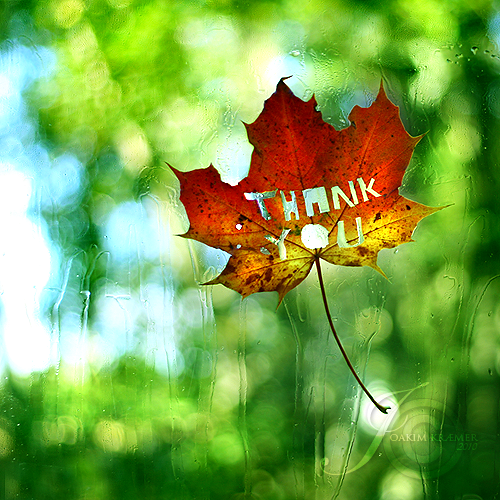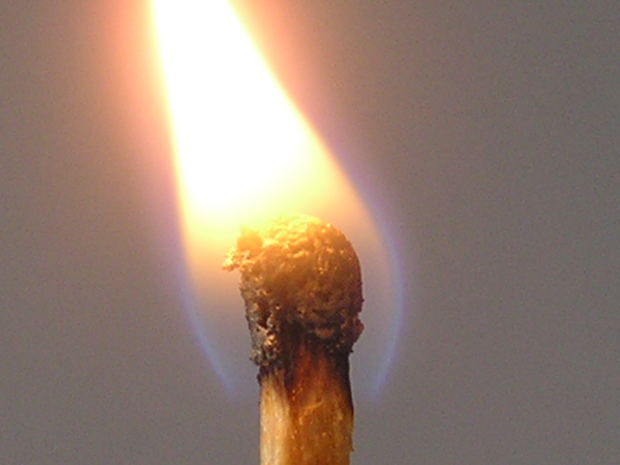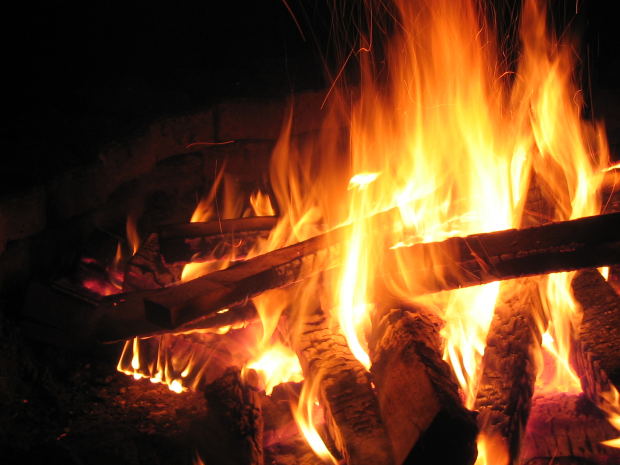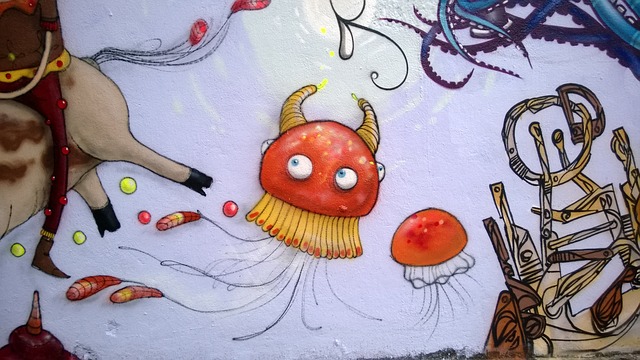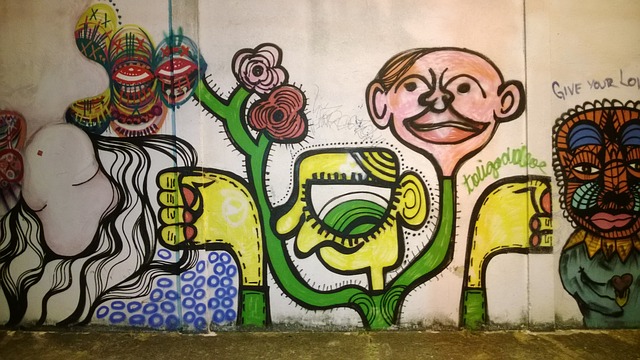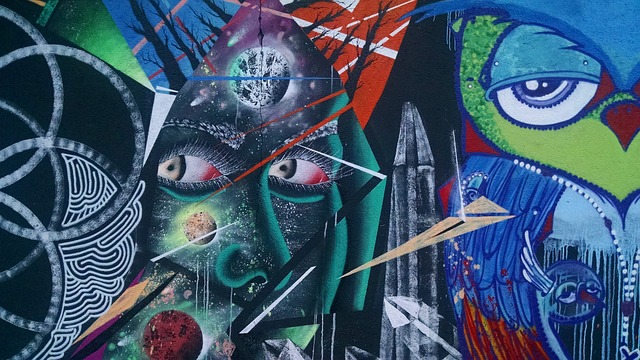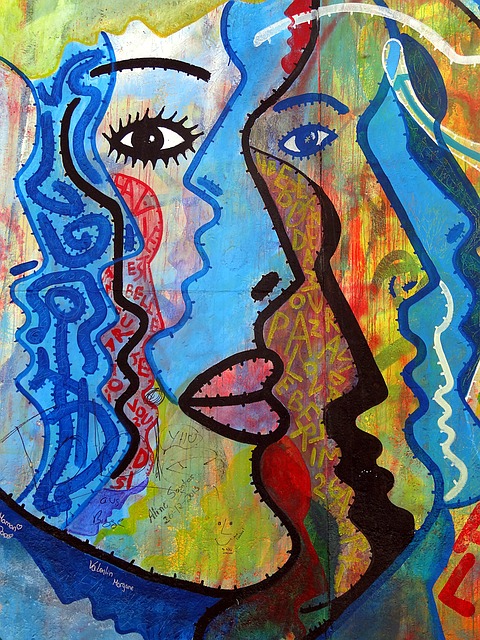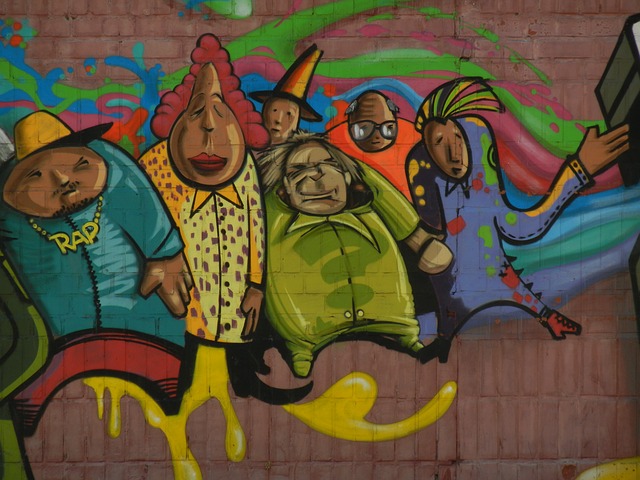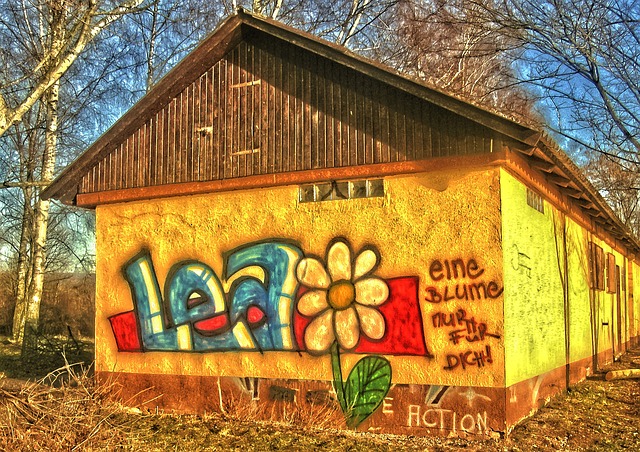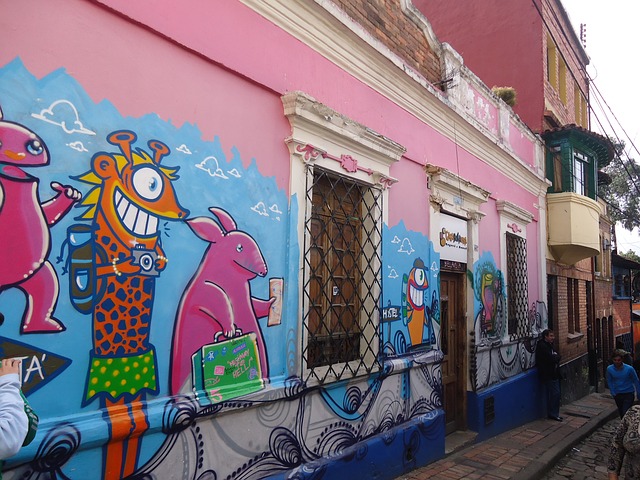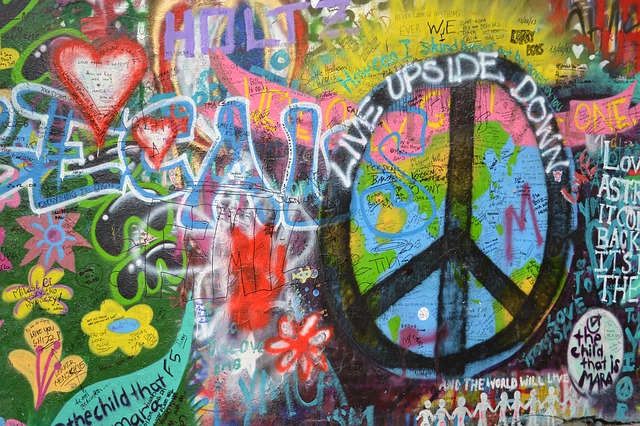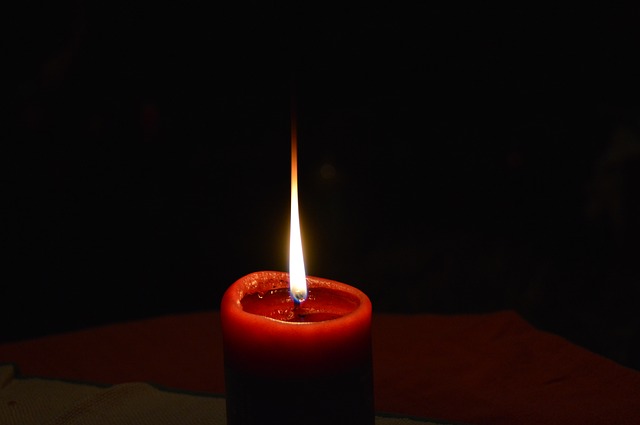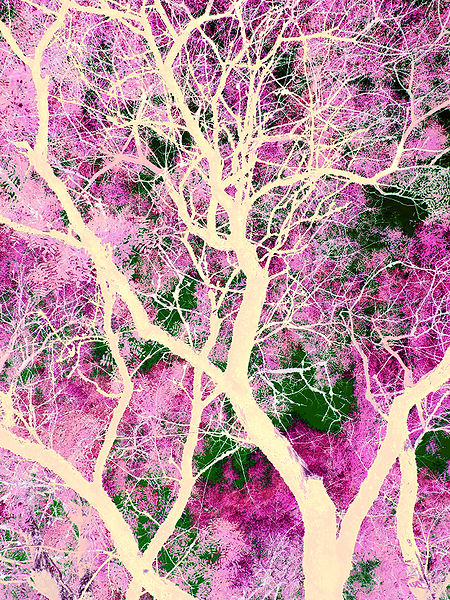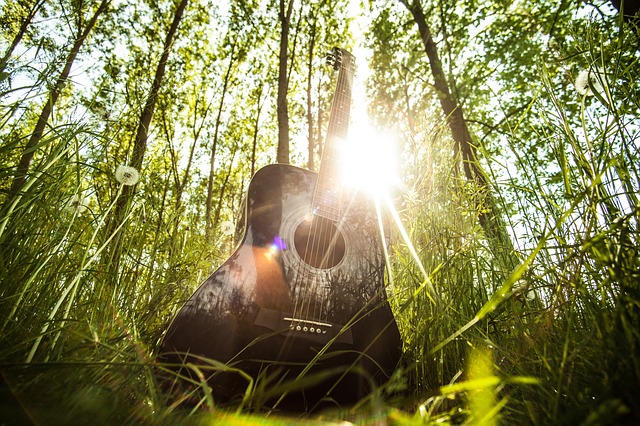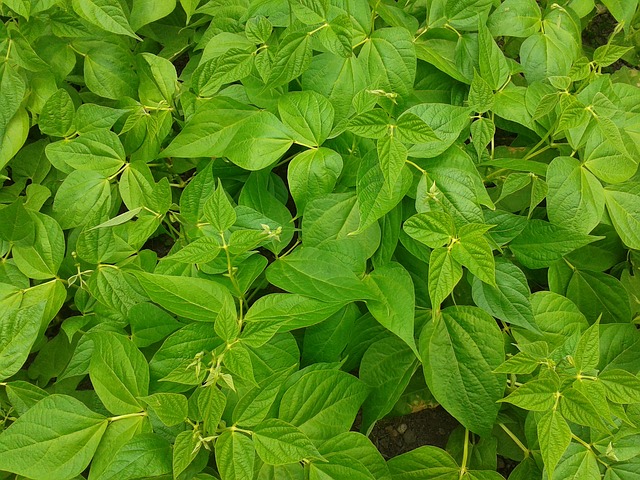
We are living in times that can overwhelm even the sturdiest among us. Each day’s news seems increasingly hard to bear. As the months drag by it wears us down in different ways. Outrage and anguish can fray our bodies. Addressing too many issues can fracture our effectiveness. Cynicism or complacency can hide our hearts, even from ourselves.
I reached out to friends on Facebook and Twitter seeking to find what others are doing to hold themselves up. My question:
Please tell me what you are doing to remain hopeful in these times. If you are doing something, anything, to help turn the tide toward ethics and common sense please share that too.
A welcome tide of hope rushed back at me. I found it interesting that nearly all of it had to do with nurturing — nurturing relationships, creativity, possibilities, balance, and compassion. Here are some of the hope-inducing insights friends shared with me.
Find balance
Strengthening myself with compassionate activities like gardening, yoga and reading books by great minds. Really trying to be a better listener without feeling the need to always respond. Trying my best to raise empathetic kids who in turn will carry the torch on their own.
I kind of feel like light shines twice as bright in so much darkness. ~Tobias Whitaker
Almost every Monday morning since the inauguration a small group of us meet at a local coffee shop and write postcards to our legislators. We also make phone calls and send faxes. Being with like-minded people helps. This week I am spending time with a great group of women in a cottage at a lake, eating, drinking, discussing books and authors and recharging my batteries. ~Betty Kramer
I’ve never done anything that fills me with more hope than raising my little boy. The equation seems so clear. I put in love, reasonable limits, and real time in the moment and he grows up curious and kind. I reach out to make our apartment a gathering place for other mothers too. We have a lot of hope that our generation can make a difference. ~Rosie
I have planted seeds and trees, and I’ve spent time with the littles in the family. I’m doing some stuff in the studio, making things I love. I’ve registered young people to vote, and stood on a street corner on a cold winter morning honoring the kids who are organizing for change. I walk and/or hike almost daily. I drink good coffee. I send wee gifties to folks I care about, and leave things in public places to be found by strangers.
I rarely read the news, knowing that there is a lot of tough stuff going on. I am selective in what I listen to on the radio. I just, as my English mother-in-law used to say, keep chunking along. ~Debra Bures
I keep working on getting people to vote. Two new voters yesterday! They previously did not vote because they did not like any of the options, but now see their responsibility… Also, I get out in nature, with grandchildren, garden, sing, throw pots (but not against the wall). I’m involved with an amazing herbal healing group and love the alternative focus. I joined and participate in the Crooked River Timebank and that is a strong community building, for Mama Earth and her people, positive fun thing to be part of. ~Carolyn Rames
Build connections
I talk to the person checking out my groceries. I ask the guy panhandling at the corner how he’s doing every single day and wait to hear what he’s got to say. I sit down with the maintenance guy in my building for a beer if he comes by. Clicking in with people does me good. The more people ignore each other the worse they make it. ~Elgin
I find hope (lots and lots of hope) in the work of a group called Better Angels – here’s why. While attending our first convention I enjoyed three days of stimulating conversation with folks who politically are polar opposites and yet, because of a common desire to depolarize our country, we approached each other with positive intent and listened to one another with love. The goal? To learn to listen to understand how people think and believe – period. Not to debate to win or change another person’s mind. Just listen with love to hear and understand. It was inspiring to say the least and, a universally positive experience for those who attended. As a result, my husband and I as well as many others both left and right leaning are committed to being trained to facilitate the peaceful exchange of ideas. We need to depolarize our country and we know that we can. ~Leslie Boomer
Hone down to what you can do
I am working on getting my backyard certified as a backyard habitat for the National Wildlife Federation. I am also working at a glacial pace on 7 personal goals. I am trying to control a small portion of the world and make it better. ~Katherine Clark
I am raising money to provide legal representation for immigrant children separated from their parents. ~Brett
I decided to focus any activist leanings I have this year towards getting people to vote. I joined the local League of Women Voters and am trying to help with their events when I can. ~Kathy
I stay involved in my community….serving on the board of directors and being active in my local community theatre, serving as President of the Friends of the Library and volunteering for the county parks. Being the change I want to see in the world starts with my neighborhood, imo. And I am raising daughters who are following my example. ~Lissa
Look for what’s good
Focus on the world around and closest to you, those you love and touch and see and hear in your everyday life. We live in a time when choosing to separate yourself from the noisy, chaotic, distractions in the world is more difficult than ever, but even more essential. Essential for your own individual well-being, but I believe critical to humanity.
…Focus on the good. I guarantee if you look carefully at the world within your sphere of influence, those close to you, you will find goodness, strength and hope. You will be able to contribute to that. You will, in a very real sense, help to create peace in this world. I believe we can all do that. And if we did, can you imagine the impact? ~Cheryl
Amplify beauty and meaning
My job as a music programmer for Crazy Wisdom in Ann Arbor is a huge help — booking musicians, hosting the shows and just being alongside people as they take a weekly break from all the craziness around us is a positive high point in every week. In a similar vein, hosting our house concert series keeps me grounded in my home, neighborhood and local community and gives me yet another opportunity to serve musicians, friends and family–all of whom are creative, vibrant, caring people doing their bit, every day, to “get us all back to the garden” which is my aim and goal as well. I post poetry on FB and I’ve been doing a “poetry post card” project with a friend of mine–we write a poem a day—or try to–on a postcard, sometimes adding a bit of art or whimsy to the cards–and we pop them in the post to each other. This also necessitates a walk into town to the PO (our postal carriers often neglect to pick up mail so I take it directly to the post office instead) and the walk takes me into my neighborhood–I get to see people, say “Hi” and maybe stop for a chat–I get some exercise and clear my head. I’m committed to doing everything I can to keep the world around me sane, centered and peaceful so I try to be deliberate in my choices, to choose, always, “the things that make for peace.”
I do experience discouragement–I sometimes feel that I’m not doing enough but I know that what I am doing is true to who I am–to my temperament, gifts and abilities and part of my effort is tuned to encouraging others who don’t feel as though they quite fit into the “activist” personality that they are still needed and that their gifts–their poetry, essays, music, food, presence–is “enough” because the last thing we need is a lot of people feeling helpless or getting the idea that there’s only one, right way to be “active” in making the world a better place. ~Michelle Wilbert
Art, art, art (which includes writing). All forms of creative play. NOT watching or reading (so much of) the news. Meditation/chant/quiet time. And I’m a big subscriber to this way of thinking, as Cinelle Barnes said, “Sometimes, I think, laughing is a form of resistance. There’s nothing more annoying for an oppressor than to see the oppressed thriving in the midst of struggle. Joy is resistance, and so is hope.” ~Paula Lambert
Do work that makes a difference
What brings me hope is how uncommonly simple it is to make peace person-to-person. This is my daily practice. I work front office for a high volume tire company dealing with customers, reps, employees, whatnot all day long. I do what needs to be done and at the same time consciously choose to see the person I’m dealing with as a Child of God (or soul or stillpoint or whatever you want to call it). It doesn’t take a second longer to pay attention with my eyes AND my spirit. This changes everything for the better, believe me. ~name withheld
The interviews I do for The MOON almost always inspire me. This morning I spoke with Earth Guardian Xiuhtezcatl, who has been a vocal champion for the Earth since he was six. He’s also a hip-hop artist and published author. His new book is “We rise.” Thank God. ~Leslee Goodman
I am working with a local school to create a racially inclusive and safe community as well as advocate for youth. ~Malaka
I find my job as a family therapist incredibly meaningful. I work with people who are greatly impacted by the political and economic realities, but who are also very resilient. For their sake I am able to rise above apathy. The personal relationship I develop with struggling clients fuels me to take greater steps in advocacy. By walking with them, just a little bit, I learn about the network of social services that is available. It seems that this network is fragile and not enough, but I meet incredible unsung professionals (social workers, teachers, therapists) who are good stewards of resources. There is energy in numbers. Oh, and I also don’t work more than my agency job description calls for. I go home and enjoy people I love. ~Jennifer Olin-Hitt
My job is poorly paid and gets little respect, but I bring my all to it. I’m an aide in the 3 to 4-year-old section in one of St. Louis daycare companies. These little people are learning to express themselves, validate emotion, share, care, and analyze everything around them. No price can be put on their enthusiasm and love. I don’t know why today little kids don’t matter (or the people who watch them), but this is the future. After work I go home knowing I did my best. ~Tiff
I signed six children up for Summer Reading today. And I accepted a donation of five hundred books from a woman’s mother’s estate; they will be sold to support educational programs for Cleveland youth at The Reading Room CLE.
I try to do what I can, and not spend energy on things I can’t control. So when the news went out that ICE was operating a checkpoint at 150th and Lorain, I shared the information, hoping to help people avoid the intersection. I don’t know what to do about this technically legal but horrifying behavior. Do we go take pictures? Protest? Knock over the ICE truck? I don’t know. I don’t know. But instead of spending the next three hours grieving into Facebook, I put down my computer, went out in my garage, and boxed books for the Reading Room. After three hours, I was exhausted, sweaty, and dirty. But those three hours will help children learn to read. I feel like that’s better than weeping into my laptop, alone, for an evening.
One more thing: all that weird, oddball stuff I do? My art, my performance poetry, my quirky fashion choices? People ask me where I get the ideas for these hobbies, what motivates me to spend my time on this stuff. But those are coping skills. They build my strength so I can stay healthy and help others. Our culture and economy depends on people using entertainment and pleasure-seeking to cope with the everyday brokenness of our lives. It works better, for me to be kind and creative. It works better than mani-pedis and salt baths and chocolate cake. ~L.S. Quinn
Take care of yourself
I’m immersed in news all day long. When I get home from work I ignore my phone. I go for a run with music in my ears and space between, have some dinner with my partner, then let the body tell me what it wants to do. ~Jaxxon:
Spend as much time outside in the sunshine as humanly possible. (I can weep for humanity and get vitamin D at the same time!) ~Kris Bordessa
I find that I have to continually pull myself back into the present moment to avoid being sucked into the maelstrom – to instead see from a more level-headed perspective. I try to remember to recenter and refrain from letting my body be impacted. I take care of refreshing my body, which is so closely connected to where the mind goes, and I get out into nature to keep an even bigger perspective. ~Lillian Jones
I am cooking at home more. I’m growing pots on my balcony with peppers, tomatoes, and beans. When I make something homemade my senses are busy and I don’t think about how bad everything is getting, you know? ~Franco
I’ve quit watching TV. And I’ve ramped up showing kindness to strangers and every person I meet at the library. Also, sending unspoken blessings to people on the highway as I commute. Finally, I’m donating food and money to the Sandusky immigrant cause. Just trying to turn up the light. ~Laurie
As a friend of mine always says, “Read more poetry, eat more chocolate!” ~Virginia Douglas
What about you? How do you stay hopeful?
 Thomas Merton wrote, “The things that we love tell us what we are.” I’ve seen this idea inspire beautiful remembrances twice recently, both times when family members gave eulogies consisting entirely of what the recently departed person loved.
Thomas Merton wrote, “The things that we love tell us what we are.” I’ve seen this idea inspire beautiful remembrances twice recently, both times when family members gave eulogies consisting entirely of what the recently departed person loved.